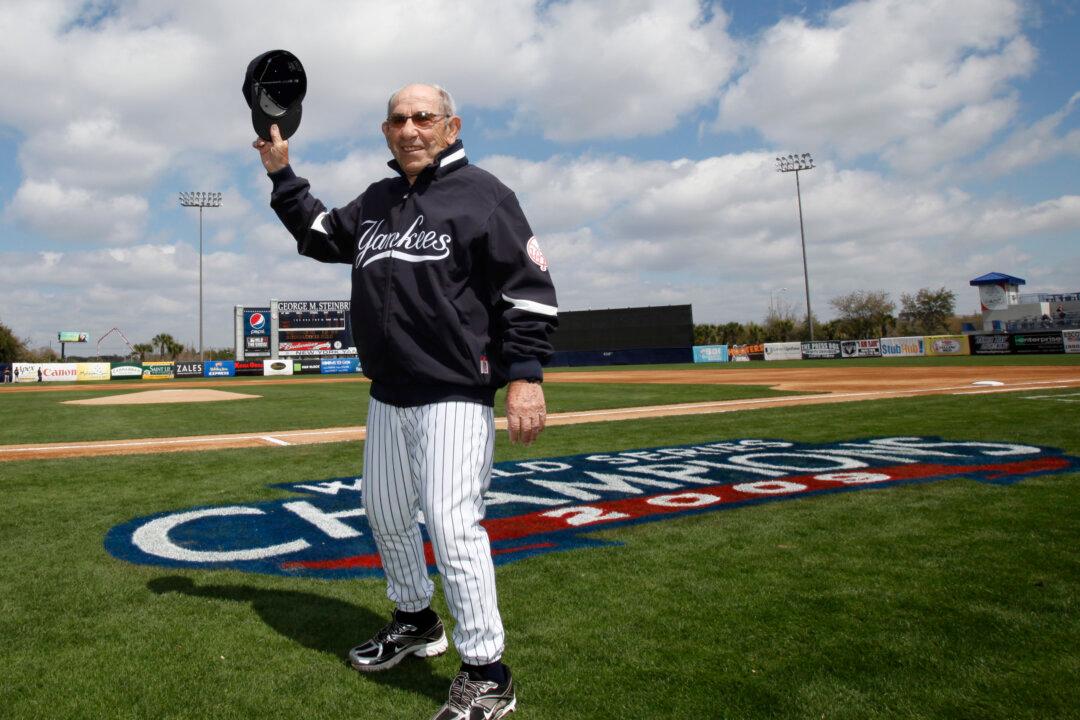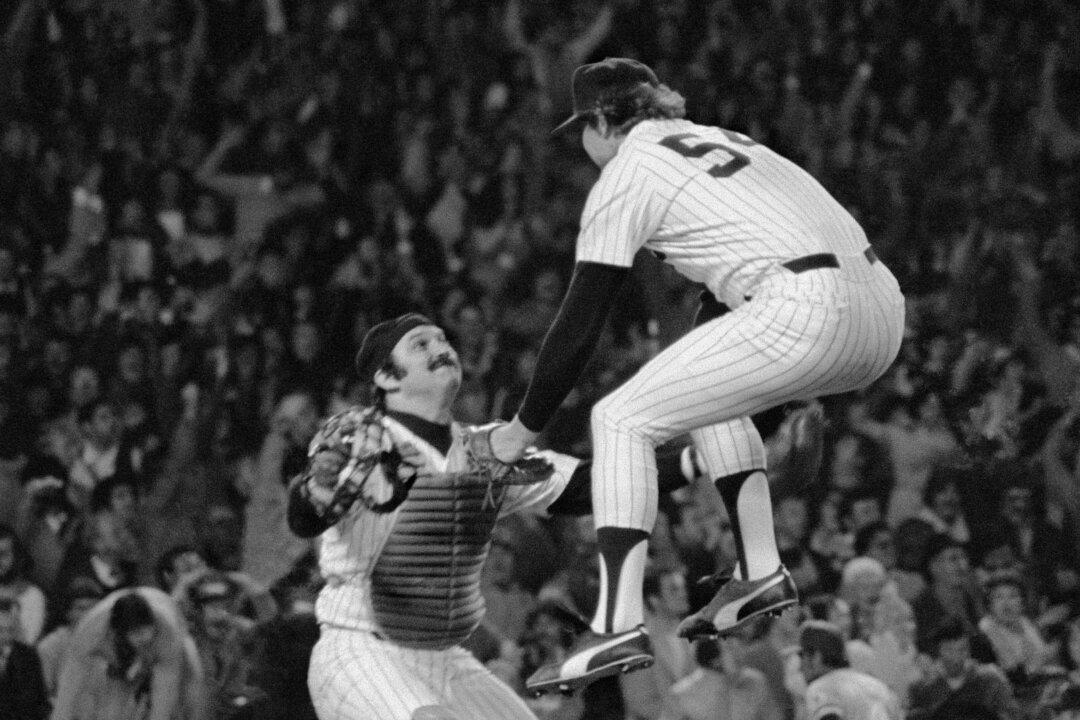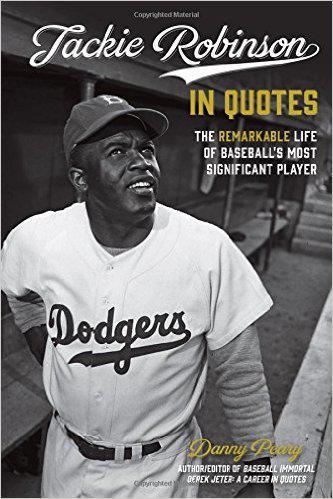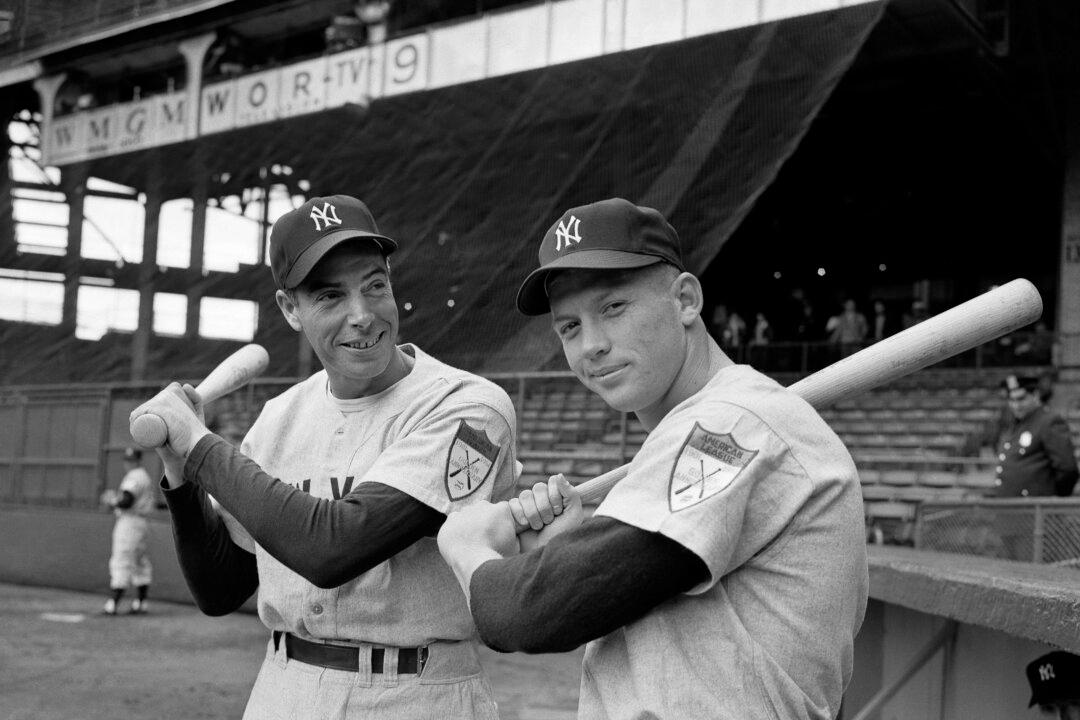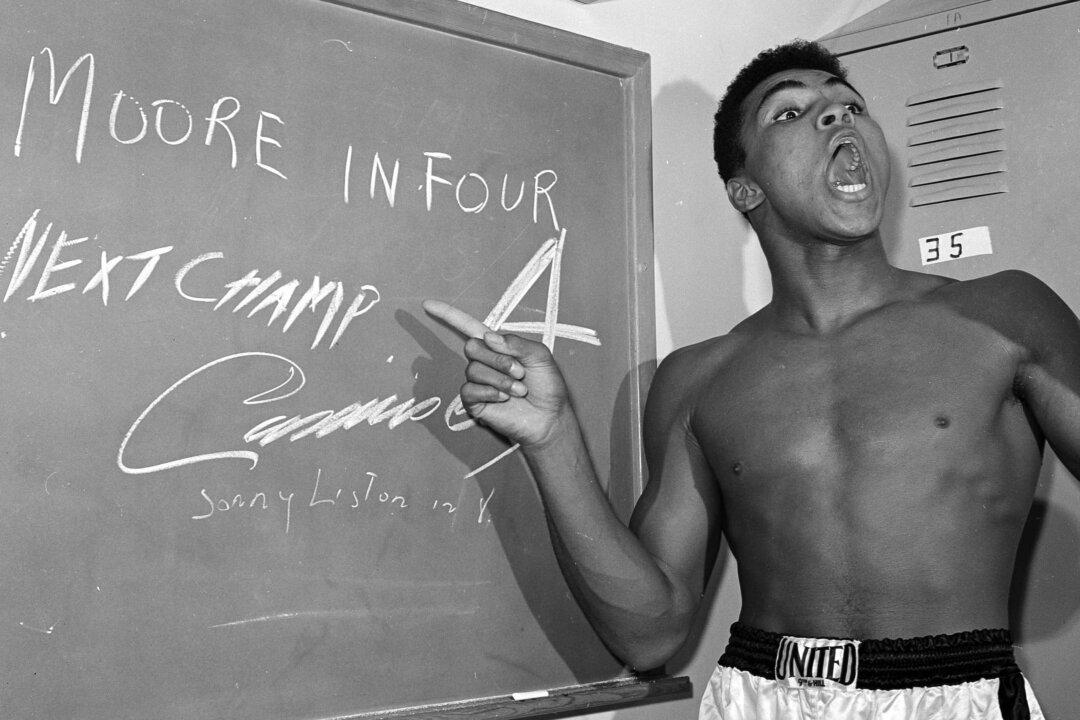With the passing of Lawrence Peter Berra at age 90 after a life well lived, all kinds of tributes, memories, flashbacks about the man continue to surface. I actually met up with him in the Astrodome, in Shea Stadium, and at Yankee Stadium. Three times.
I wore the laundry tag media identification that set me apart from the regular working press. Nevertheless, Yogi was pleasant, interested and respectful–curious about my writing project that day. It was unusual for a star of his magnitude to be that way. I always remembered it.
I am sure he remembered “the Harmonica Incident” of August 20, 1964.
Despite a string of four straight pennants, the Bronx Bombers were a bust throughout much of the 1964 season. Yogi Berra had succeeded Ralph Houk as skipper; there were reports that he got more laughs than lauds from his players.
It was getting to be late August; the Yankees were in third place behind Baltimore and Chicago. The Yankees were on the team bus heading to O'Hare Airport, losers of four straight to the White Sox, winless in 10 of their last 15 games.
A 5–0 shutout at the hands of Chicago’s John Buzhardt had totally demoralized them.
Phil Linz, #34, reserve infielder, a career .235 hitter was a tough, aggressive player who loved being a Yankee. But he was regarded by some to be un-Yankeelike along with teammates Joe Pepitone and Jim Bouton.
“I sat in the back of the bus,” Linz recalled. The bus was stuck in heavy traffic. It was a sticky humid Chicago summer day. “I was bored,” Linz said. “I pulled out my harmonica. I had the Learner’s Sheet for Mary Had a Little Lamb so I started fiddling. You blow in. You blow out.”
An angry Berra snapped from the front of the bus: “Knock it off!”
But Linz barely heard him. When asked what their manager had said, Mickey Mantle said, “Play it louder.” Linz played louder.
Berra stormed to the back of the bus and told Linz to “shove that thing.”
“I told Yogi that I didn’t lose that game,” Linz related. Berra smacked the harmonica out of Linz’s hands. The harmonica flew into Joe Peptone’s knee and Pepitone jokingly winced in pain. Soon the entire bus—except for Berra—was enjoying the comic relief.
Another version has it that Linz flipped the harmonica at the angered Berra and screamed: “What are you getting on me for? I give a hundred per cent. Why don’t you get on some of the guys who don’t hustle?”
Linz was fined $200—but as the story goes received $20,000 for an endorsement from a harmonica company.
“The next day,” Linz gave his version, “the Hohner Company called and I got a contract for $5,000 to endorse their harmonica. The whole thing became a big joke.”
Actually, the whole thing changed things around for the Yankees. The summer of 1964 was Linz’s most productive season. Injuries to Tony Kubek made the “supersub” a regular: Linz started the majority of the games down the stretch, and every World Series game at short.
New respect for Yogi propelled the Yanks to a 22–6 record in September and a win in a close pennant race over the White Sox. A loss in the World Series to the St. Louis Cardinals in seven games cost Berra his job
But there were those who said he was on his way out the day of the “Harmonica Incident.”
Written by acclaimed sports author and oral historian Harvey Frommer, with an intro by pro football Hall of Famer Frank Gifford, When It Was Just a Game tells the fascinating story of the ground-breaking AFL–NFL World Championship Football game played on January 15, 1967: Packers vs. Chiefs. Filled with new insights, containing commentary from the unpublished memoir of Kansas City Chiefs coach Hank Stram, featuring oral history from many who were at the game—media, players, coaches, fans—the book is mainly in the words of those who lived it and saw it go on to become the Super Bowl, the greatest sports attraction the world has ever known. Archival photographs and drawings help bring the event to life.
Dr. Harvey Frommer is in his 39th year of writing books. A noted oral historian and sports journalist, the author of 42 sports books including the classics: best-selling “New York City Baseball, 1947-1957″ and best-selling Shoeless Joe and Ragtime Baseball, his acclaimed Remembering Yankee Stadium was published in 2008 and best-selling Remembering Fenway Park was published to acclaim in 2011.
